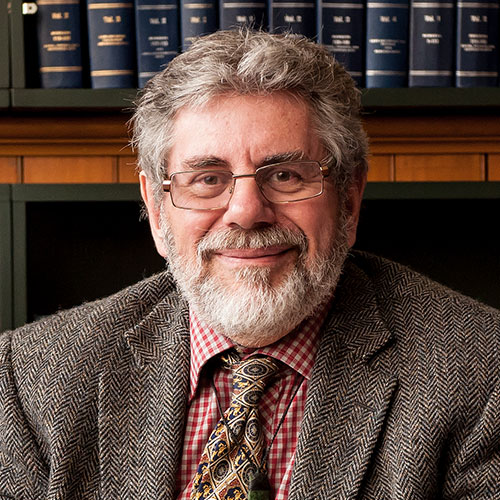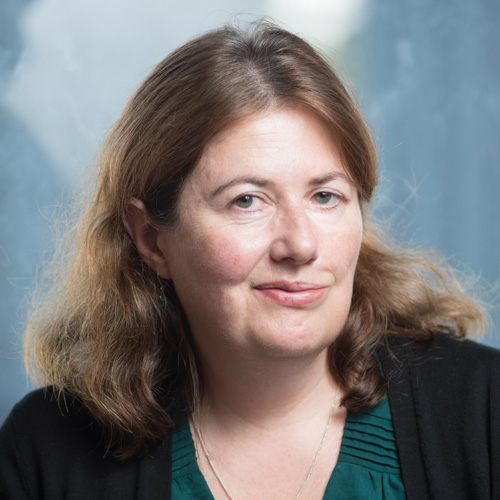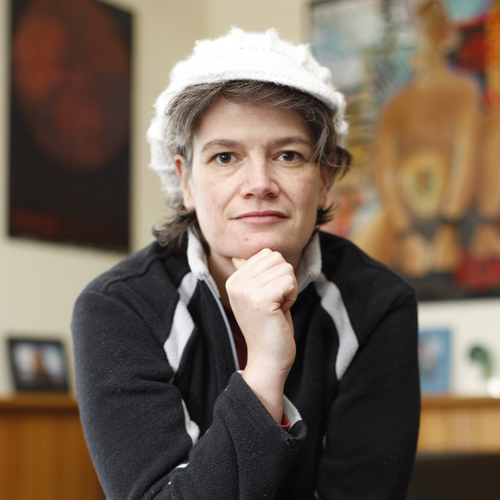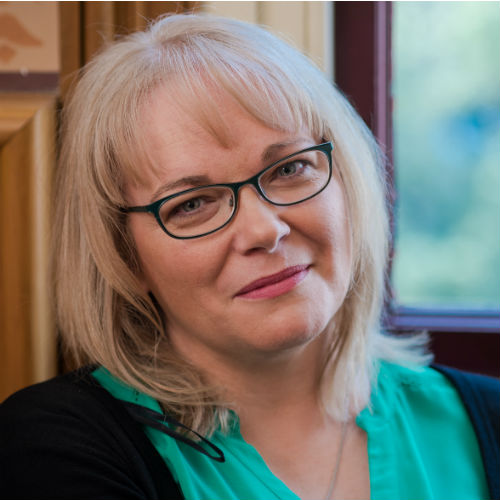Past research projects

International organisations and the making of modern states
Former Senior Lecturer Guy Fiti Sinclair wrote To Reform the World: International Organisations and the Making of Modern States, in which he argues that international organisations have been steadily expanding their powers far beyond their original remits in order to engage in nation building.

Exploring the clash between Pākehā and Māori law
Dr Carwyn Jones’ New Treaty, New Tradition challenges the dominance of Western legal thought in Treaty of Waitangi negotiations, and argues that genuine reconciliation must involve recognition of Indigenous traditions.
Land tenure on the Pacific Rim
Professor Richard Boast led a research team examining changes to land tenure systems in Pacific Rim nations in the 19th Century. The project explores how individualising property regimes emerged in a number of quite dissimilar countries (Mexico, Chile, the US and New Zealand) during the same period, an issue of critical importance to indigenous peoples.
This major research project is supported by a grant from the Marsden Research Fund.
Professor Boast's team included PhD candidate Ruiping Ye together with Ryan O'Leary, visiting academic. Ruiping completed PhD study funded by this project. She focuses on the aboriginal tenurial changes in Taiwan during the Chinese Qing period (1684–1895), and comparisons will be drawn between the land tenurial changes in Taiwan during the period of Japanese colonial rule (1895–1945).
Ryan O’Leary is looking at 19th century New Zealand sources, which so far are predominantly newspapers and New Zealand Parliamentary Debates. The goal is to understand the debate present in New Zealand at the time—both of politicians and the ideology that was behind 19th century legislation, and also the general public, through letters and articles in newspapers.
One part of this is recognising the importance of older European ideas on land tenure and how some of these ideas remained relevant to a part of New Zealand society up to a much later date.
The Regulatory Reform Project
The Regulatory Reform Project (funded to $1.9 million by the New Zealand Law Foundation) was conducted at the Law Faculty from 2010 to 2013 and was led by Professor Susy Frankel, Director of New Zealand Centre of International Economic Law.
Drawing on faculty expertise across a range of public and private law regulatory issues (including for instance public participation in the regulatory processes, issues relating to the regulation of telecommunications, electricity, consumer credit, taxation and intellectual property).
The faculty’s researchers partnered with economists from NZIER and lawyers from the national law firm of Chapman Tripp. This interdisciplinary research resulted in three publications and a cutting edge toolkit.
The toolkit is easily accessible and available free online. It provides practical and in-depth resources and guidance for policymakers, regulators, businesses, and members of the public relating to regulatory reform in New Zealand.
For more information see the links below:
- The Project
- Sub-project and researchers
- Project team and researchers
- Resources, related articles and links
- Publications
- Stage 1
- Conference
Professor · Chair in Intellectual Property and International Trade
Faculty of Law
The Lost Cases Project
This is a systematic search and collation of early New Zealand cases which is primarily concerned with Supreme Court and Court of Appeal decisions from 1841 to 1883 and which have shaped New Zealand law.
These cases exist in manuscript collections, archives, judges' notebooks and libraries, not in published form. Some are in danger of turning to dust.
Professor Emeritus Bruce Kercher of Macquarie University says of the Lost Cases website: "It is more than a gift to the law and history of New Zealand. It is another great step towards the history of the British legal empire."
Find out more about the Lost Cases project.
Professor of Law · Associate Dean - Learning and Teaching
Faculty of Law
The Legal Māori Project
This is a four-stage project which will enable speakers of te reo Māori to use Māori vocabulary to describe Western legal concepts.
The stages include the gathering and accessing any texts in Māori from the 19th, 20th and 21st centuries about any legal topic; seeing where gaps exist and what new terms might need to be made; the compilation of the dictionary and putting it together in a useable form and the creation of Legal Māori Archive, which contains digitalised legal Māori texts from the 19th century which are publicly available and searchable.
The Dean of Law at the beginning of the project, Professor Tony Smith, says of the Legal Māori Project: "This work is of importance to New Zealand, to Māori speakers and to the University. Its potential impact is great. It will, in short, allow a Māori voice in a legal context in a way never before possible."
The NZ Law and Literature Database
This is an exploration of the nature of legal references in New Zealand fictional literature and visual media.
It is of interest to academics, students, lawyers, writers and members of the pubic with an interest in fiction and/or law.
The database offers researchers the opportunity to examine the key legal themes and issues that appear in New Zealand and discover popular perceptions of law.
The database website contains an annotated bibliographic reference for each of the approximately 500 sources (novels, plays, poems, short stories, films and television programmes.)
Associate Professor
Faculty of Law
The Urgency Project
The Urgency Project is a joint project of the NZ Centre for Public Law and the Rule of Law Committee of the NZ Law Society. It has been generously funded by the NZ Law Foundation.
The project researchers (Claudia Geiringer, Polly Higbee and Elizabeth McLeay) have been examining the use of urgency in the NZ House of Representatives over a 24-year period from 1987 to 2010.
In addition to collating comprehensive databases that detail every use of urgency over that period, the researchers also conducted interviews with a number of current and former politicians and senior parliamentary officials.
The project aimed to answer the following questions:
- What exactly is urgency and why do politicians use it?
- How much is it used?
- What factors constrain its use?
- In particular, to what extent has MMP had an effect on the use of urgency?
- Why, if at all, should we be worried about urgency, and in what circumstances?
- What can be done about it?
Chair in Public Law
Faculty of Law
Modification of the Pre-Trial and Trial Processes for Sexual Offences
Sexual offending is a notoriously difficult area of law. Despite reforms over many decades, the evidence continues to show stubbornly unchanged prosecution rates for sexual offences and victim dissatisfaction with the system.
Elisabeth McDonald and Yvette Tinsley are co-authors and co-editors of a Law Foundation/Law Commission funded research project culminating in the publication of a well-reviewed book From "Real Rape to Real Justice": Prosecuting Rape in New Zealand (2011). The study will be drawn on by the Law Commission in its work, sought by Justice Minister Simon Power, on whether inquisitorial procedures should be applied in New Zealand.
The book proposes a number of alternative processes to the current criminal justice system response, ideas which are being explored more fully by two current PhD students supervised by Yvette. One PhD candidate is looking at developing a treatment court model for use in rape cases, while another is investigating alternative ways of resolving allegations of sexual violence outside the trial process.
A student who was co-supervised by Elisabeth completed a detailed analysis of the cross-examination of complainants in three rape cases, exploring what kinds of questions cause the most distress.
Professor of Law
Faculty of Law







